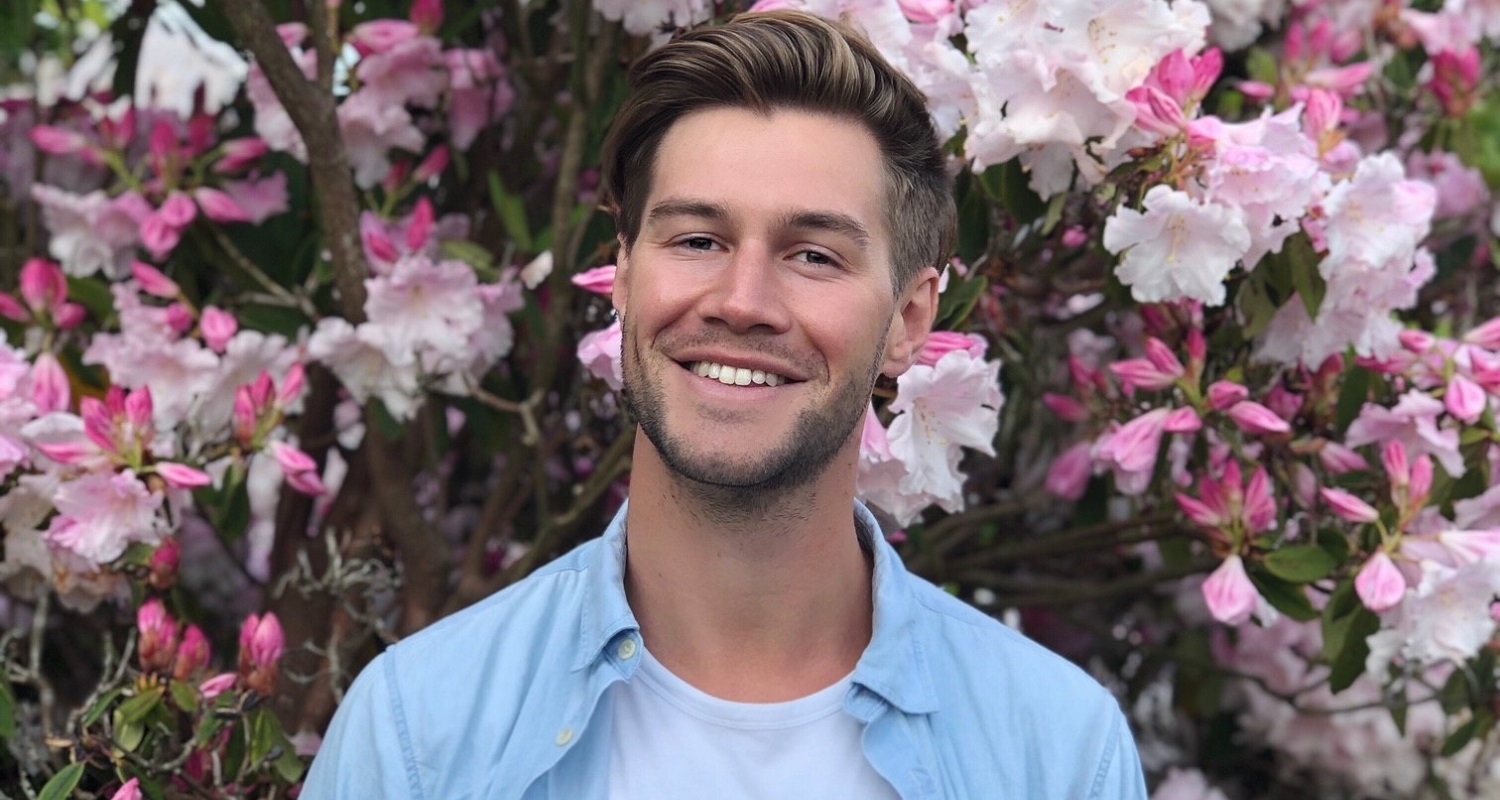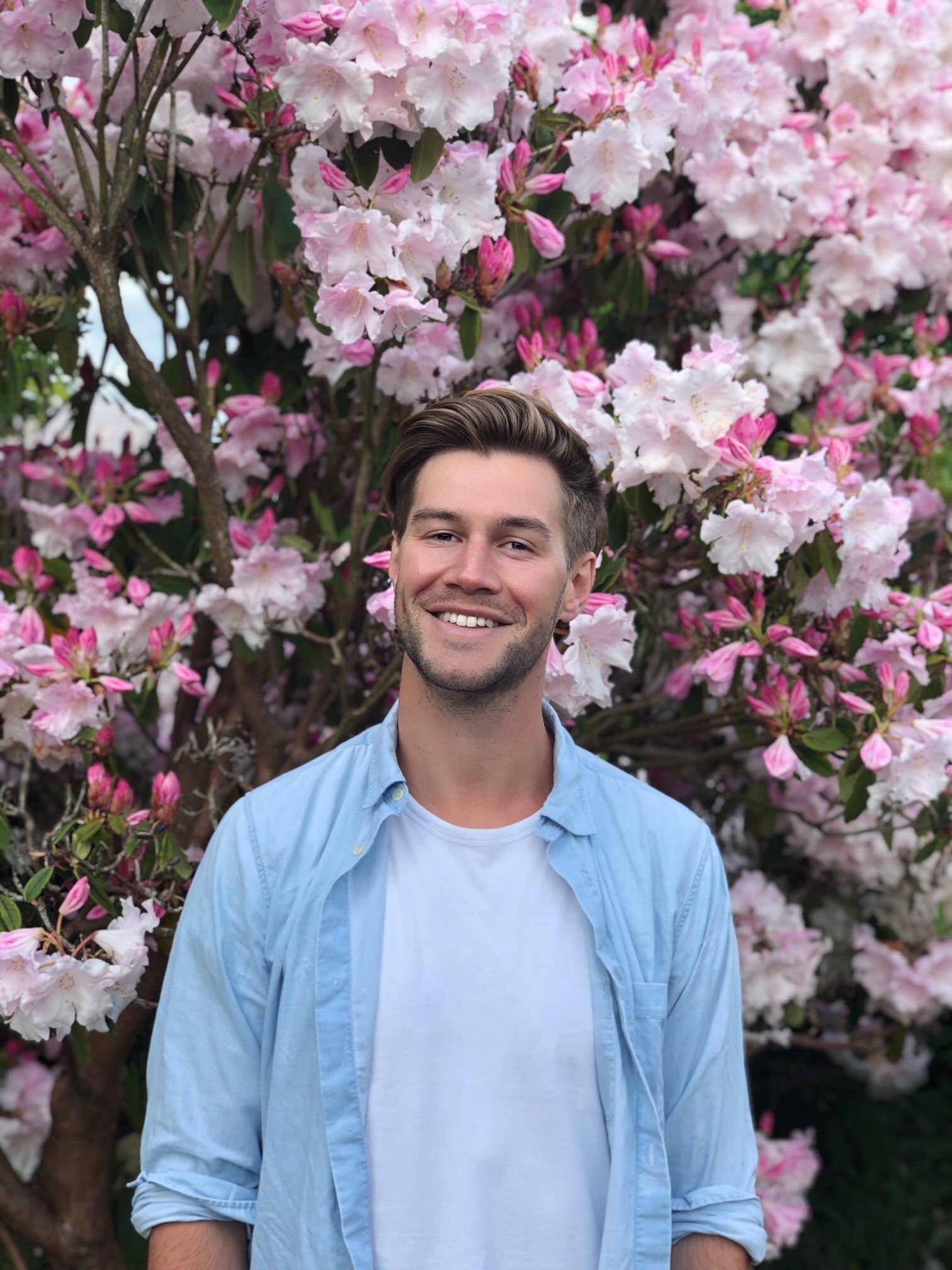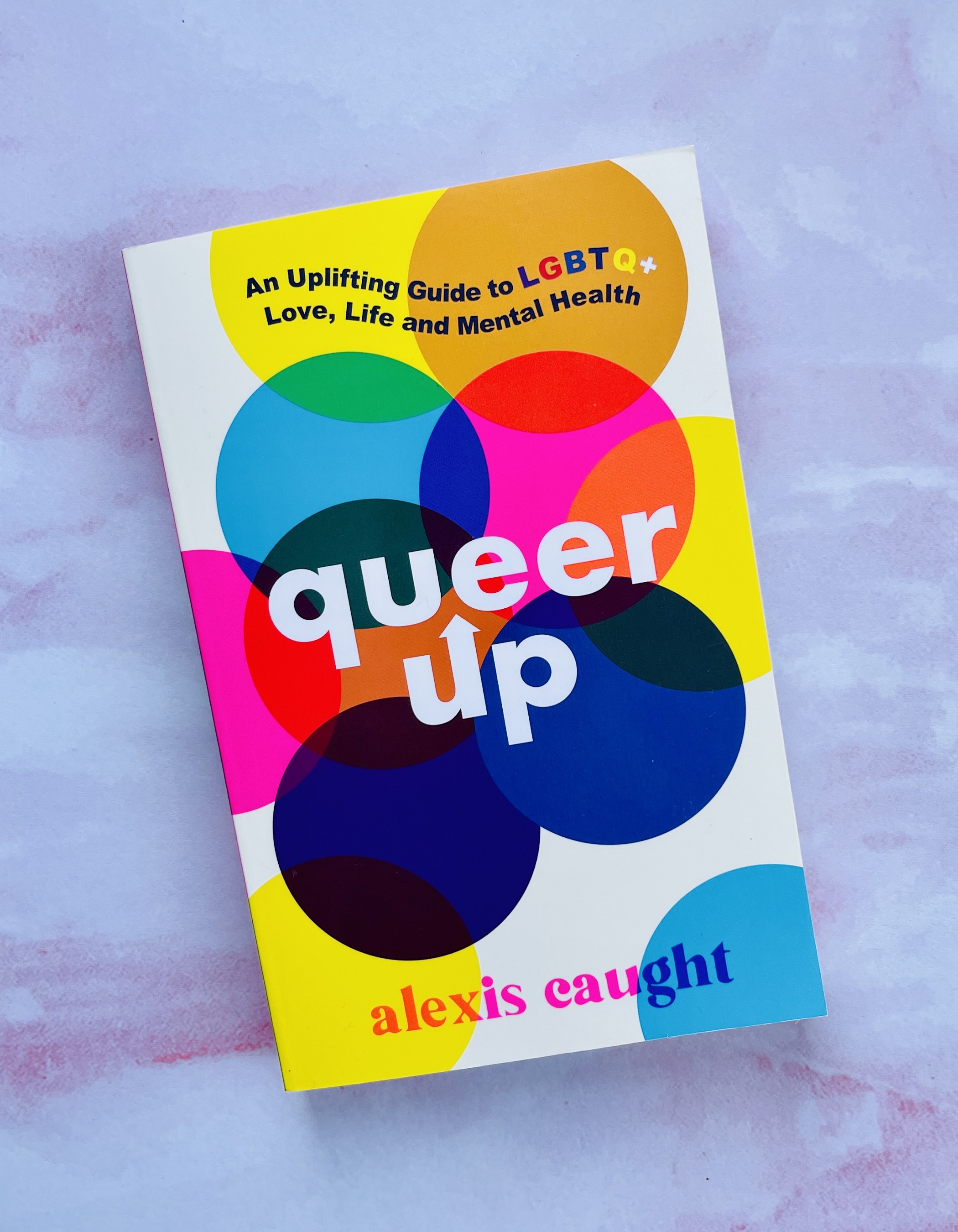What is gay shame? Internalised homophobia, femme-phobia and how to overcome them
Therapist and podcaster Alexis Caught offers some insights with an exclusive extract from his new book Queer Up: An Uplifting Guide to LGBTQ+ Love, Life and Mental Health.

Words: Brian Lenord; Picture: Provided
One of the cruelest ironies of being LGBTQ is that a lot of the judgement we face isn’t from our straight siblings, but members of our own rank.
It’s no secret that gay men, especially, can come down hard on their peers for being ‘stereotypically’ gay – as perfectly captured in Netflix’s The Boys In The Band; a film set in 1968 that feels all too pertinent today.
In his new book Queer Up: An Uplifting Guide to LGBTQ+ Love, Life and Mental Health, therapist and podcaster Alexis Caught breaks down what is behind the phenomenon.
Described by publishing house Walker as “a positive and uplifting book for young people who are queer or questioning – and their allies looking to support them,” the 256-page LGBTQ bible is out today (20 January) and features contributions from vital queer voices such as former Attitude Pride Award winner Charlie Craggs and journalist Kuchenga Shenje.

Alexis Caught’s Queer Up: An Uplifting Guide to LGBTQ+ Love, Life and Mental Health is out now
We’ve been given an exclusive sneak peek at Queer Up with a vital extract from the book’s section on ‘gay shame’ – from its symptoms, like bullying, to how to combat it, such as self-love and living with pride…
_____________
What is gay shame?
For generations, we’ve had cultural, religious and political judgement heaped upon us — and, unfortunately, that’s left its mark. If we think back to those lovely left-handers — there’s nothing wrong with being left-handed but if everybody and every institution tells you that people who are left-handed are sinful and depraved, you’re going to start feeling ashamed of being left-handed.
Gay shame is that residual inner voice, the inner homophobe, who is like a horrible playground bully that’s learned its prejudice from other people. But why is that so powerful? Well, shame is one of the most toxic and dangerous emotions that people can feel, it has long-lasting effects on our self-worth and how we see and think of ourselves.
Gay shame and internalized homophobia are one reason why there’s gay-on-gay judgement of people who are “too” flamboyant, effeminate and camp — this is known as femme-phobia. It’s not that there is anything inherently wrong with any level of campness — it’s that, for some, it triggers their inner feelings of shame. In turn, we shame and judge ourselves — often internalizing and believing the corrosive thoughts of us being unworthy of love and fair treatment. Often, we police ourselves and stifle our own self-expression and happiness for fear of our own judgement, and the judgement of others.
How do we fight back against gay shame? By living with pride. By resolutely being proud of who we are, by embracing ourselves (faults and all) and trying to live as honestly and authentically and as unashamedly as we can.
Living with pride
A powerful way to protect yourself from shame is to live with pride (whatever that means to you) and to be proud of who you are. Part of living proudly is looking after ourselves because self-love and self-care is a revolutionary act. You matter, and you deserve that; nothing will ever change that. Connecting with your community is a great way to look after you and others, helping your mental health through positive action. For our mental and spiritual well-being, there are two essential things for a healthy mind and a happy life: belonging and purpose.
Belonging: we all need to belong somewhere, to find a place where we’re accepted, loved and valued; a place free of judgement. By “finding your tribe” and connecting with your own fab queer family — whether that’s musical theatre gays, artsy trans people, hiking lesbians, boardgame bis or sporty queers. One of the things that I love about being LGBTQ+ is there is (quite literally) a community group for everything you could think of, just get searching online and you’ll fi nd one perfect for you and whatever you’re interested in.

Alexis Caught’s Queer Up: An Uplifting Guide to LGBTQ+ Love, Life and Mental Health is out now
Purpose: we all need a reason for being, a reason to get up in the morning, a reason to carry on. One of the best things that you can do for yourself is to get involved in a cause you care about. Volunteering, for example, is not only scientifically proven to make you feel better about yourself, but it also connects you to like-minded people and helps you find a place where you belong. Doing something good for someone else, like volunteering for an LGBTQ+ cause, gives a sense of pride, of worth and of value that can’t be bought. Getting stuck in, joining an LGBTQ+ youth group (whether IRL or online) and finding ways to help your community can really help yourself, too. All you need to do is search online for volunteer programmes in your local area, or Young Stonewall is a fantastic place to start.
The power of self-love
The next time someone says something negative that upsets you, I want you to say something good about yourself — and I really mean it. This is based on a concept that therapists call “unconditional positive regard”. This is the idea of placing no judgement, condemnation or conditions for acceptance upon others, instead we simply accept and support them as they are — and we have to practise that for ourselves, too. Unconditional positive self-regard, is important: we have to learn to love ourselves regardless of whether we think we’re “being good” or “being bad”; whether we’re “doing well” or “doing badly” at school; or whether we’re “cool” or “uncool” in the eyes of other people. We have to try and accept ourselves as we are, for who we are. It’s not easy, it’s a lifelong piece of work, but the sooner that you start practising it, the sooner you can get that work underway.
One of the reasons why it’s so important to be authentic — to be genuinely yourself and not a developed “character” or adopted persona that you may play to appease others, or to be like someone off Drag Race or TikTok — is that authenticity, accepting ourselves for who we are, is the bedrock of self-worth. In therapy, we call this “congruence” — whether your inner self (who you are at your core) matches with your outer self that you project to the world. The closer aligned these two are, the happier we tend to be, while the further apart these two are the more stress our minds and emotions come under. That’s why “living in the closet” and denying who we are can place such a high emotional toll on us. Similarly, copying someone else’s mannerisms or their way of presenting and talking isn’t going to make us feel better, it can actually make us feel worse — as if people only like us if we’re not our genuine, authentic selves. And that’s wrong. Your genuine, authentic self is so loveable, you just have to fall in love with that special person inside of you first.
Does all this mean we’re devoid of any flaws and have no bad bits about ourselves? No. The reality is we’re all human, we’ve all got some bits about us that aren’t so great. But beating ourselves up for our shortcomings only makes us feel worse. We can end up using our energy having a go at ourselves, rather than doing what we can to grow, develop and learn. By being compassionate and kind to yourself you give yourself the best chance of becoming the best you possible.
Copyright © 2022 Alexis Caught
Cover design and Illustrations © 2022 Walker Books Ltd.
From QUEER UP: AN UPLIFTING GUIDE TO LGBTQ+ LOVE, LIFE AND MENTAL HEALTH by Alexis Caught
Reproduced by permission of Walker Books Ltd, London, SE11 5HJ
Queer Up: An Uplifting Guide to LGBTQ+ Love, Life and Mental Health is out now.
